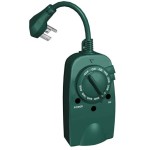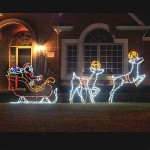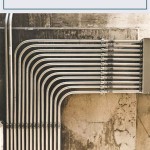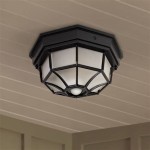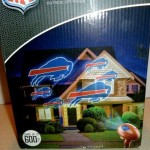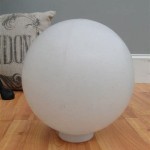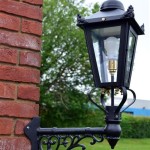What Cable Is Used for Outdoor Lighting: Essential Aspects to Consider
Outdoor lighting enhances ambiance, safety, and security for your home and surroundings. Choosing the right cable for your outdoor lighting installation is crucial to ensure its durability, reliability, and efficiency. This article delves into the essential aspects of selecting the appropriate cable for outdoor lighting, providing critical insights to guide your selection process.
Conductor Material: Copper and aluminum are the most commonly used conductor materials for outdoor lighting cables. Copper offers excellent conductivity and corrosion resistance, making it ideal for demanding applications. Aluminum is a more affordable option but has lower conductivity and can corrode more easily.
Cable Gauge: Cable gauge refers to the thickness of the conductors and determines the amount of current the cable can carry. Thicker cables (lower gauge numbers) can handle higher currents and are suitable for longer runs or high-wattage lighting fixtures. Consider the wattage of your fixtures and the distance from the power source to determine the appropriate gauge.
Insulation: The insulation protects the conductors from moisture, UV rays, and other environmental factors. High-quality insulation, such as polyethylene or PVC, ensures durability and prevents electrical hazards. Look for cables with a UV rating for outdoor applications.
Water Resistance: Outdoor cables must be water-resistant to withstand exposure to rain, snow, and condensation. Direct burial rated cables have a protective jacket that prevents water penetration and allows for underground installation.
Flexibility: Flexible cables are easier to work with, especially when routing through tight spaces or around corners. They are less likely to kink or break, ensuring a secure connection.
UL Listing: The UL (Underwriters Laboratories) listing indicates that the cable meets specific safety standards. Look for cables with UL markings to ensure they have undergone rigorous testing and comply with electrical codes.
Conclusion: Selecting the appropriate cable for outdoor lighting involves careful consideration of several essential aspects, including conductor material, cable gauge, insulation, water resistance, flexibility, and UL listing. By understanding these factors, you can make an informed decision that will ensure the performance, longevity, and safety of your outdoor lighting system.

Techmar 15m Main Cable Spt 3 With 6 Connectors

Low Voltage Garden Lights Cable 25m Awg14

What S The Best Cable To Use For Outdoor Lighting Billyoh Extra

In Lite 40m Cable Reel Awg14

Low Voltage 12 2 100ft Direct Burial Copper Wire Cable Outdoor Lands

Leonlite 100ft Ul Listed 16 2 Awg Low Voltage Landscape Lighting Cable 22 194 Working Temp Black Stranded Underground For Outdoor Lights 3 Years Warranty Com

Lumena 12v Cable Reel 2 Core 1 5mm

5 Conductor Outdoor And Underwater Wire For Low Voltage Led Lighting

Lightpro 200mtr Drum 14awg Cable

Southwire 100 Ft 14 2 Black Stranded Cu Low Voltage Landscape Lighting Wire 55213243 The Home Depot
Related Posts
